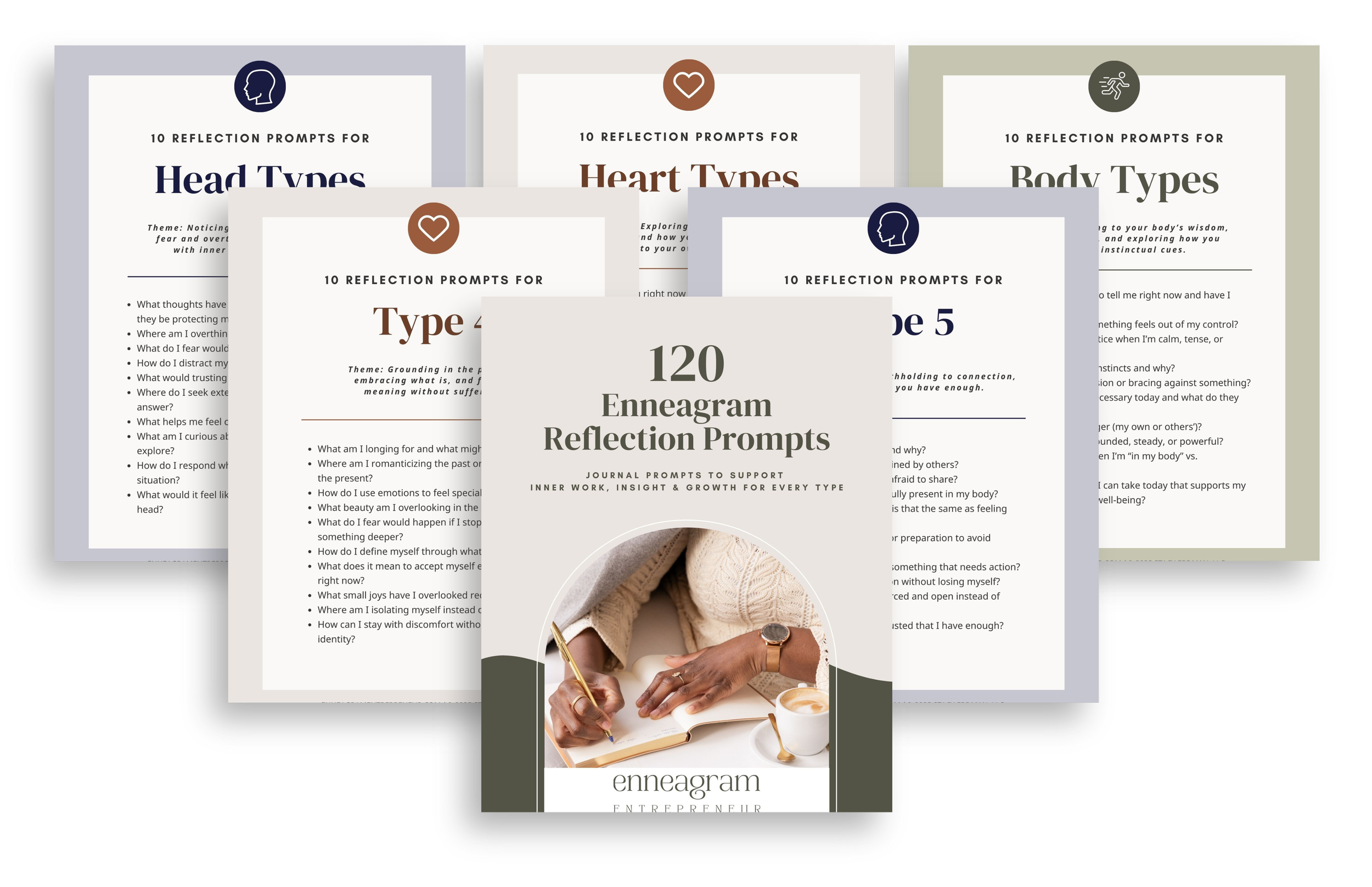Coaching Enneagram Type 1
Tips for Working with the Improver
Coaching Enneagram Type 1 clients, also known as “The Informer” or “The Reformer,” means working with people who are principled, responsible, and deeply committed to improvement.
They bring discipline and integrity to the coaching space, but their strong inner critic and tendency toward perfectionism can also create stress, frustration, and self-judgment.
Whether you’re new to coaching Enneagram Type 1 clients or want to fine-tune your approach, this guide will give you three key insights, three common pitfalls to avoid, and three practical tools you can use right away to help The Improver grow without burning out.
3 Key Coaching Insights for Enneagram Type 1 Clients
1. The Inner Critic Drives Their Behavior
Enneagram Type 1 clients often push themselves hard because they believe mistakes are unacceptable.
Recognizing this constant mental pressure helps you approach them with compassion and strategies to loosen its grip.
2. Integrity Matters as Much as Improvement
For Type 1s, doing the “right thing” isn’t just a choice, it’s a core value.
Aligning your coaching goals with their sense of integrity increases buy-in and motivation.
3. Permission to Be Imperfect Can Be Liberating
Encouraging them to experiment, take risks, and even make mistakes can open new doors for creativity and reduce the tension they carry daily.
3 Common Coaching Pitfalls with Enneagram Type 1
1. Overloading with Feedback
While 1s value growth, too much feedback can feel like criticism layered on top of their already harsh inner voice.
Focus on the most impactful changes first.
2. Ignoring the Role of Self-Criticism
If you only address external goals without acknowledging their self-judgment, progress may be limited.
Their internal standards shape everything they do.
3. Reinforcing All-or-Nothing Thinking
Praising only “perfect” outcomes can deepen their belief that anything less than flawless is failure.
Celebrate progress, not just results.
3 Practical Coaching Tools for Enneagram Type 1
1. Reframe “Mistakes” as Learning Opportunities
Ask, “What did this situation teach you?” to shift the focus from what went wrong to what can be learned.
2. Introduce “Good Enough” Goals
Encourage them to set a goal that’s intentionally less than perfect to build tolerance for imperfection.
3. Celebrate Wins Along the Way
Highlight small successes during sessions. This helps them see value in incremental progress rather than only the end result.
Quick Recap of Coaching Enneagram Type 1 Clients
Best approach:
Address their inner critic, align goals with their values, and give permission to be imperfect.Biggest challenges:
Perfectionism, self-judgment, and rigid standards.Opener for emotional work:
Explore how their drive for improvement can coexist with self-compassion and flexibility.
Final Thoughts
Enneagram Type 1 clients bring integrity, discipline, and high standards to the coaching relationship.
When you balance their desire for improvement with self-compassion practices and strategies to quiet the inner critic, you create a path for growth that feels both fulfilling and sustainable.
These tips are just a starting point; each client’s journey is unique, and deeper layers such as subtype and instinctual patterns can further refine your coaching approach.
Want more ready-to-use tools for your Enneagram coaching sessions?
Download my free guide: 120 Enneagram Reflection Prompts to Use with Clients.
These prompts are designed to help you ask better questions, spark deeper conversations, and unlock new breakthroughs in your sessions.


